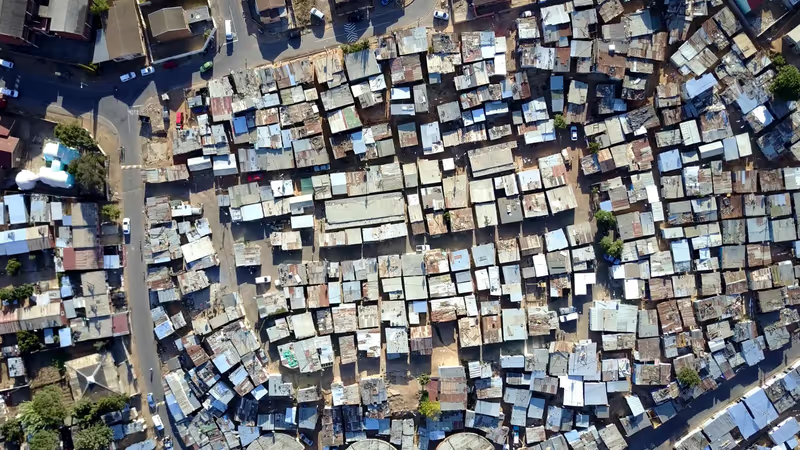| Student: | G. Pansani Siqueira MSc |
|---|---|
| Timeline: | September 2023 - 14 September 2027 |
Globalization has increased market trade and strengthened commercial relationships worldwide forming long international supply chains of commodities. Underlying this scenario there is the “land”, which is held by people (or companies) that are responsible for its sustainable use and human rights compliance standards. Therefore, companies, governments, and civil societies need to find a way to assess and monitor land-related risks in different countries/regions with different Land Administration Systems in place.
When companies fail to meet these requirements or standards, it can lead to market losses and considerable financial deficits. The concern about land-related risks can be understood as a growing trend and to avoid this, complex due diligence protocols are being developed, either internally or supported by certification companies, adding transactional costs that can be exponential depending on the size of the supply chains and/or the number of countries or specific regulations involved.
To assess land-related risks, the existing LAS framework of a country is the starting point and an indicator was developed based on its central aspects. The “spatial”, or the geolocation of a parcel. The “legal/tenure”, related to the forms of tenure associated to each specific parcel. The “Land Use”, which is dependent on the regulations that are relevant to a country, company, or specific goal of an assessment.
The main contributions of the proposed study will be the development of a land-related risk indicator, processing routines that can be tailored to different countries/jurisdictions, and an open-access platform for ongoing monitoring by different stakeholders. By that, it will be possible to identify at the national and regional level all the available parcels and their different levels of land-related risk.






